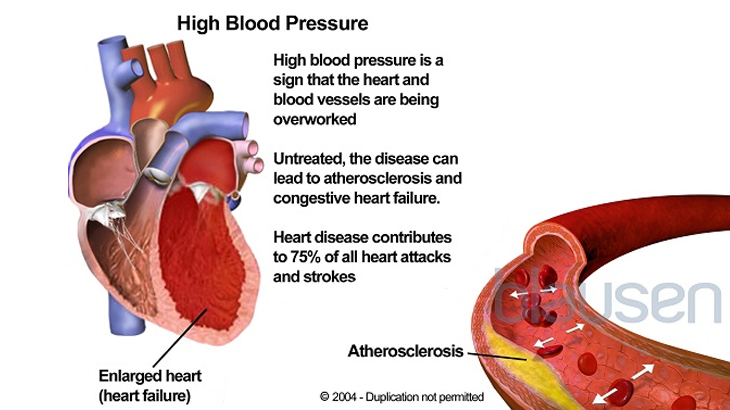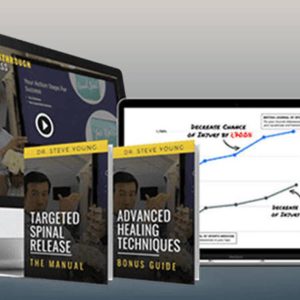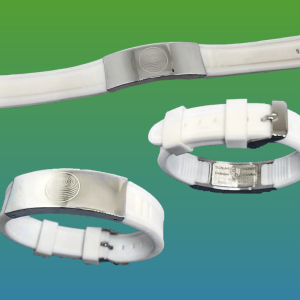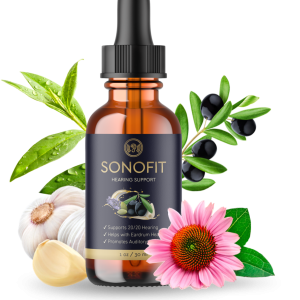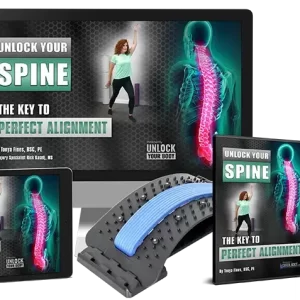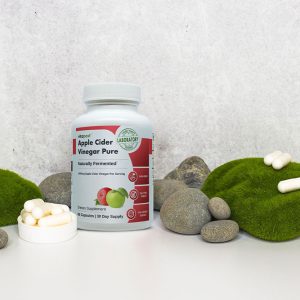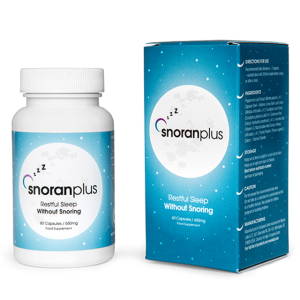High blood pressure, or hypertension, is a common health concern affecting millions worldwide. As individuals seek effective solutions to manage and lower blood pressure, a plethora of products and strategies have emerged. This article aims to provide an insightful review of approaches to managing high blood pressure, exploring lifestyle changes, dietary considerations, and potential supplements that claim to support blood pressure regulation.
Visit Official Website 70% Off
Understanding High Blood Pressure:
High blood pressure occurs when the force of blood against the artery walls is consistently too high. If left unmanaged, hypertension can lead to serious health issues, including heart disease and stroke. Addressing high blood pressure often involves a combination of lifestyle modifications, dietary changes, and, in some cases, medication.
Lifestyle Modifications:
- Regular Exercise: Engaging in regular physical activity has been shown to contribute to lower blood pressure. Activities such as brisk walking, swimming, and cycling can be effective in managing hypertension.
- Healthy Diet: Adopting a diet rich in fruits, vegetables, whole grains, and lean proteins while limiting sodium intake can positively impact blood pressure. The Dietary Approaches to Stop Hypertension (DASH) diet is often recommended for individuals with hypertension.
- Weight Management: Maintaining a healthy weight is crucial in managing blood pressure. Losing even a small amount of excess weight can lead to significant improvements.
- Stress Reduction: Chronic stress can contribute to hypertension. Techniques such as meditation, deep breathing exercises, and yoga may help manage stress levels and support blood pressure control.
Dietary Considerations:
- Potassium-Rich Foods: Potassium helps balance sodium levels in the body, and incorporating potassium-rich foods such as bananas, oranges, and leafy greens can be beneficial for blood pressure.
- Magnesium-Rich Foods: Magnesium plays a role in blood pressure regulation. Foods like nuts, seeds, whole grains, and leafy green vegetables are good sources of magnesium.
- Omega-3 Fatty Acids: Found in fatty fish like salmon and mackerel, omega-3 fatty acids may have a positive impact on blood pressure. Consider adding fish to your diet or discussing omega-3 supplements with your healthcare provider.
- Beetroot Juice: Some studies suggest that the nitrates in beetroot juice may help lower blood pressure. However, individuals should consult with healthcare professionals before making significant dietary changes.

Supplements for Blood Pressure:
- Fish Oil Supplements: Omega-3 fatty acids in fish oil supplements may contribute to blood pressure regulation. However, individuals should consult with healthcare providers to determine appropriate dosages.
- Garlic Supplements: Garlic has been studied for its potential benefits in reducing blood pressure. Garlic supplements may be considered, but guidance from healthcare professionals is recommended.
- Coenzyme Q10 (CoQ10): Some research suggests that CoQ10 may have a positive impact on blood pressure. CoQ10 supplements are available, but their efficacy can vary among individuals.
- Hibiscus Tea: Hibiscus tea has been associated with modest reductions in blood pressure. It’s a flavorful and potentially beneficial addition to a heart-healthy diet.
Considerations for Individuals:
- Individual Responses: Responses to lifestyle changes, dietary modifications, and supplements can vary. Monitoring blood pressure regularly and consulting with healthcare professionals is essential.
- Medication Adherence: For individuals prescribed medication for hypertension, adherence to prescribed treatments is crucial. Any adjustments to medications should be made in consultation with healthcare providers.
- Regular Health Checkups: Regular health checkups allow for monitoring blood pressure and adjusting treatment plans as needed. Individuals with hypertension should stay proactive in managing their health.
- Holistic Approach: Combining lifestyle changes, dietary considerations, and potential supplements in a holistic approach may provide comprehensive support for managing high blood pressure.
Conclusion:
In conclusion, addressing high blood pressure involves a multifaceted approach, encompassing lifestyle modifications, dietary considerations, and, in some cases, supplementation. While various products and strategies claim to support blood pressure management, it’s crucial for individuals to work closely with healthcare professionals to develop personalized and effective plans.
Visit Official Website 70% Off
Remember, managing high blood pressure is a long-term commitment, and finding a sustainable approach that aligns with individual preferences and health considerations is key. Regular communication with healthcare providers, adherence to prescribed treatments, and a proactive approach to well-being contribute significantly to successfully managing hypertension.

